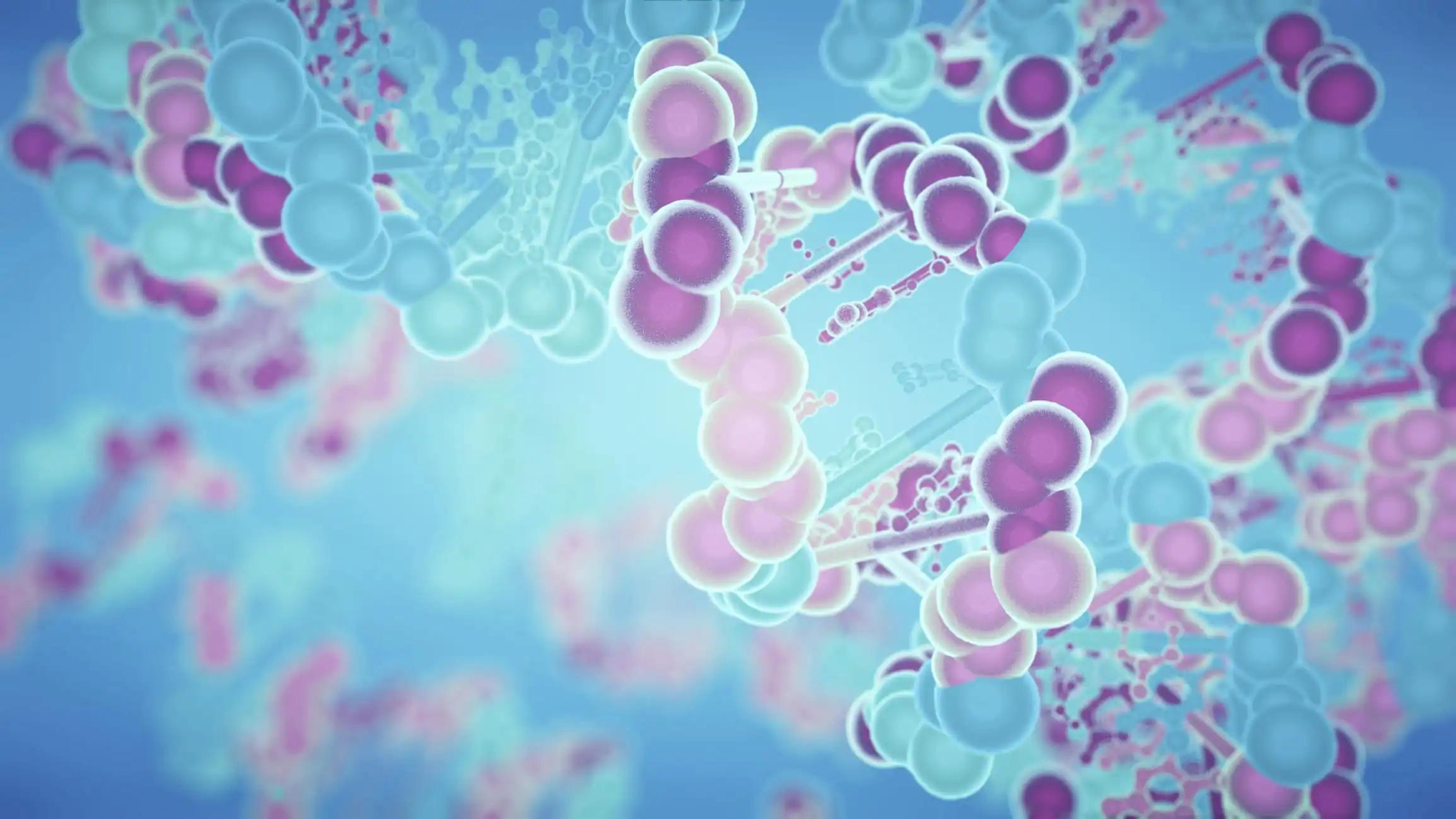KEY TAKEAWAYS
- The study aimed to investigate the genetic factors contributing to the increased risk of neurocognitive deficits, anxiety, and depression in childhood cancer survivors.
- Researchers noticed the necessity for further exploration to validate the current findings.
An increased risk of neurocognitive deficits, anxiety, and depression has been reported in childhood cancer survivors of acute lymphoblastic leukemia (ALL). Kateryna Petrykey and her team aimed to assess the genetic factors contributing to these complications.
They performed an inclusive analysis of associations between neurocognitive deficits, anxiety, and depression with common and rare genetic variants. The study utilized whole-exome sequencing data from ALL survivors in the PETALE cohort. Significant associations were evaluated through stratified and multivariable analyses. Top-ranking common associations were subsequently analyzed in an independent SJLIFE replication cohort of ALL survivors to validate the findings.
Significant associations were identified within the entire discovery cohort (N = 229). The AK8 gene showed a notable connection with changes in neurocognitive function, while PTPRZ1, MUC16, and TNRC6C-AS1 were associated with anxiety. Upon stratifying by sex, the ZNF382 gene was linked to a neurocognitive deficit in males, while APOL2 and C6orf165 were associated with anxiety, and EXO5 with depression.
Further stratification based on prognostic risk groups revealed the modulatory effect of rare variants on depression in the CYP2W1 and PCMTD1 genes. In the replication SJLIFE cohort (N = 688), the male-specific association in the ZNF382 gene did not reach significance. However, when analyzing the entire SJLIFE cohort, a P value<0.05 was observed. Meta-analyses across combined cohorts demonstrated the significance of ZNF382 in males, along with the depression-associated gene EXO5.
This exploration aimed to identify patients at an increased risk of long-term complications in the context of childhood cancer survivorship. Further research is imperative to validate the current findings and assess their utility alongside established risk factors.
The study is sponsored by NIH HHS/United States
Source: https://pubmed.ncbi.nlm.nih.gov/38051303/
Petrykey K, Lippé S, Sultan S, et al (2024). “Genetic Factors and Long-term Treatment-Related Neurocognitive Deficits, Anxiety, and Depression in Childhood Leukemia Survivors: An Exome-Wide Association Study”. Cancer Epidemiol Biomarkers Prev. 2024 Feb 6;33(2):234-243. doi: 10.1158/1055-9965.EPI-23-0634. PMID: 38051303.



